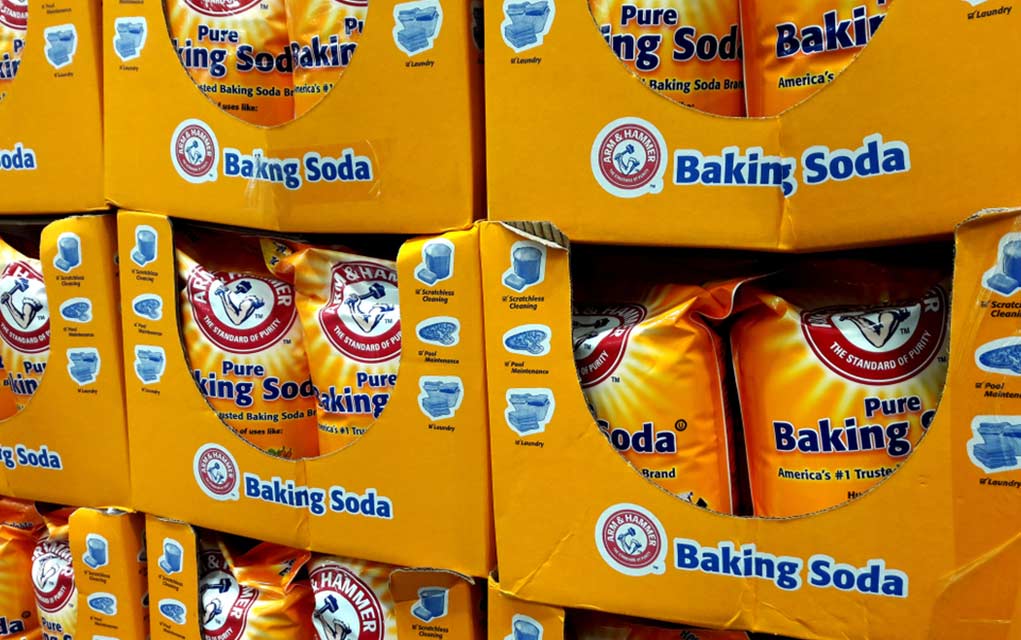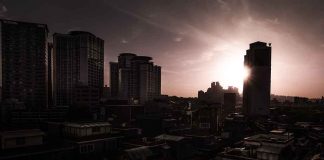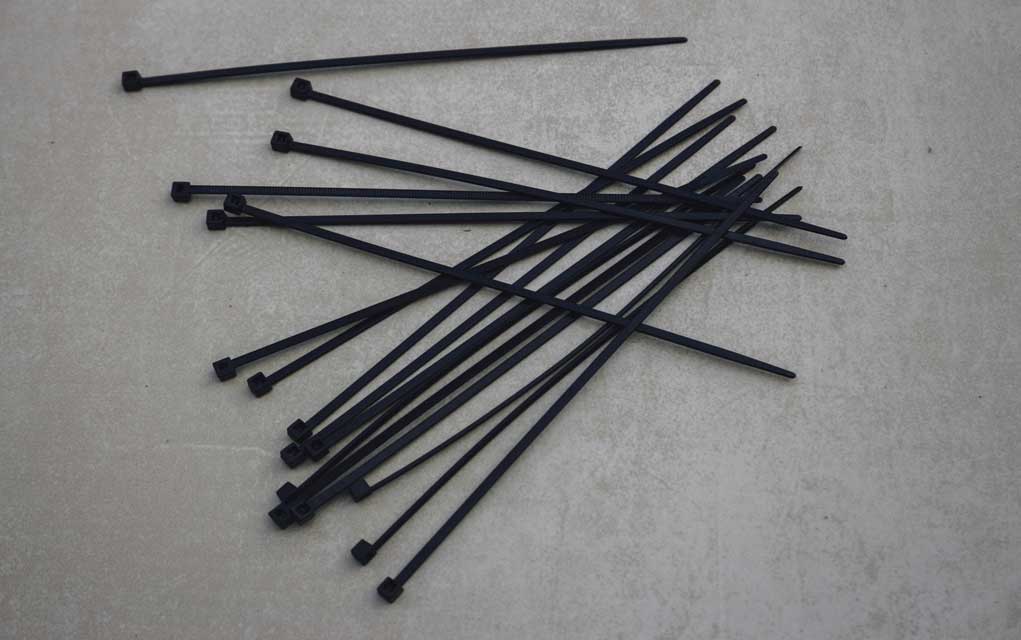(Modern Survival.org) – If an Earthquake Strikes in Your Area, the First Four Things You Should Do After the Shaking Stops are Listed Below, but Which One Should You Do First?
- Check for Injuries
- Check for Fires
- Check for Gas Leaks
- Check for Water Leaks
Answer: Check for Injuries. Here’s Why…
Witnessing the destruction Mother Nature can unleash during a natural disaster is terrifying. While the event itself is often bad enough, surviving the aftermath often presents a new series of challenges — depending on the severity of the situation. An earthquake, for example, can create any number of threats, from structural damage and dangerous debris to broken gas lines and the possibility of fires.
Immediately following a massive earthquake, there are some important steps to take that will help ensure everyone survives.
The First Step
Once the shaking has stopped, the first action is to check for injuries. Should anyone require medical attention, it may fall on those present to stabilize the wounded. Chances are high that emergency services will be overwhelmed with calls, which means it could be a long wait for help to arrive.
Once everyone in the immediate vicinity has been cleared of serious injury or threat from falling debris, it’s time to move on to step two.
Check for Secondary Dangers
Earthquakes can create a lot of secondary dangers, such as fires from broken power lines and gas leaks. Water leaks are also a concern, as no one wants the damage to their home multiplied by water damage. Begin to carefully sweep the area for fires, water, or the smell of gas (similar to rotten eggs).
If water or gas is detected, find the main shut-off valve to the home and turn it off. A gas leak can be disastrous, as can a water leak. These should be located prior to an emergency so that everyone knows where they are and can shut them off. In fact, a good disaster plan should include training every member of the family to locate, and shut off, these valves.
Once the location is safe and secure, hunker down and listen for updates from local authorities. If the area isn’t safe, it may be time to evacuate. For tips on how to bug out following a natural disaster, take a look at our article here.
~Here’s to Your Survival!
Copyright 2023, ModernSurvival.org













